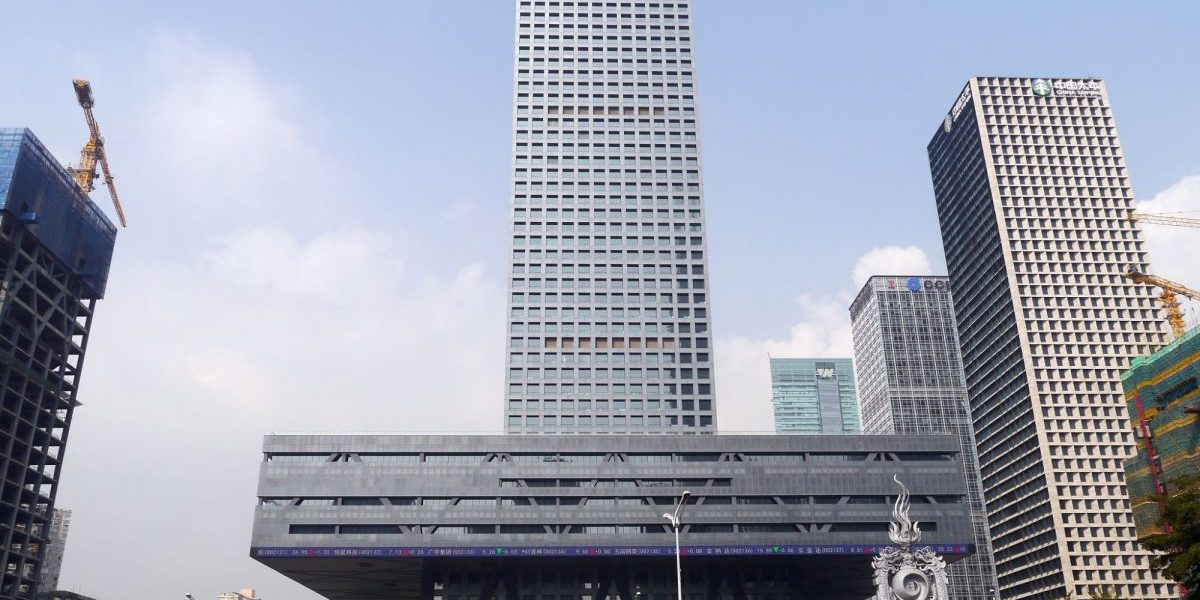International institutions such as the World Bank, International Monetary Fund, and the United Nations Industrial Development Organization (UNIDO) have expended great effort to promote proper policies that can help lowincome countries take advantage of such opportunities. This work explores the extent to which international development lending can support African countries in trading intermediate goods with foreign partners with the goal of further specializing in high value-added activities within cross
national production networks. The empirical analysis relies on a dataset that includes both Chinese and World Bank loans to a set of 35 African countries from 2000 to 2018. Based on this research, it appears that Chinese lending increases the involvement of borrowing countries in the international trade of intermediate goods, while World Bank loans contribute to move African countries toward higher valued added activities along international production chains. This first result is explained by the different sectoral composition of Chinese and World Bank loans, with the former focusing more extensively on infrastructure, particularly transport and communications, and the latter on social sectors, such as education and health. The second research question investigates the specific role Chinese lending plays in infrastructure sectors. My research provides evidence that loans to transport and communication sectors significantly improve African countries’ participation in GVCs by reducing trade costs and enhancing connection to foreign partners. Such results become more evident over time, especially with concessional loans.








